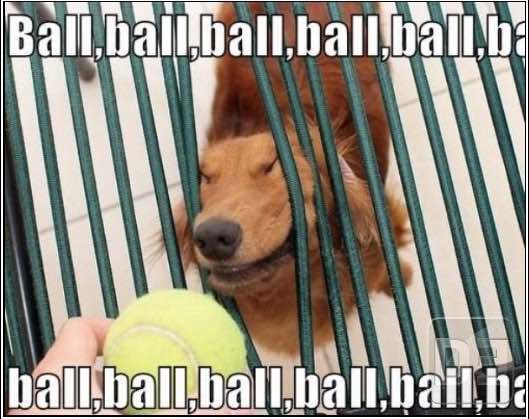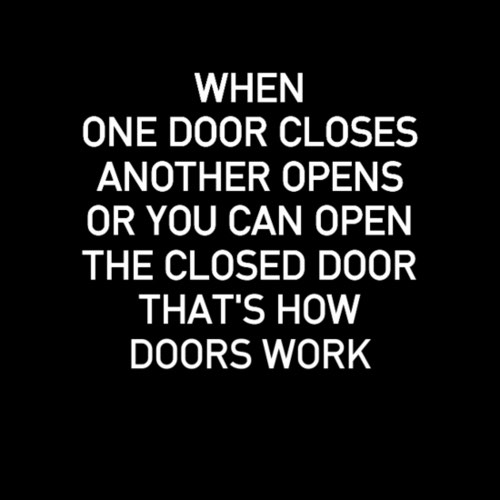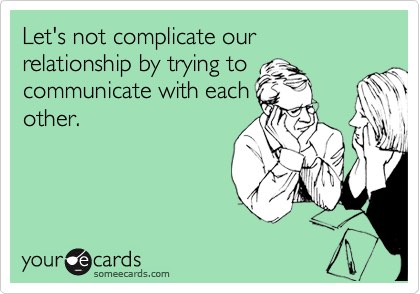How To Be Persuasive: 7 New Secrets From Hostage Negotiation
all have to have difficult conversations. And they'd be easier if you knew how to be persuasive. Whether it's dealing with family members, buying a car or negotiating a raise, persuasion is always a useful skill. But much of what you read doesn't work in tough scenarios. So I decided to call someone who has handled the most challenging scenarios imaginable -- ones where lives are on the line... Chris Voss was the FBI's lead international hostage negotiator and he's the author…
10 minutes
Inner Strength: This Is The Research-Backed Way To Increase Grit
er feel like you just wanna give up on something? How can you develop the inner strength necessary to achieve your long term goals? Turns out that grit -- the perseverance that keeps us going -- is a lot more important than you might think. In fact, it's the best predictor of success among West Point cadets. From Drive: The Surprising Truth About What Motivates Us: The best predictor of success, the researchers found, was the prospective cadets’ ratings on a noncognitive, nonphysical trait…
9 minutes
This Is The Most Fun Way To Improve Every Part Of Your Life
u don’t celebrate enough. I’m not talking about just having fun for the sake of having fun. Plenty of scientific research shows that celebrating is the key to a better life. We need more high-fives, more parties, more chocolate consumption, and a lot more saying, “Wow, that’s great!” Sound too simple and cheery? Wrong. Here's why... Relationships Are you trying to fix things in your romantic relationship so it will last? Stop right now. Why? Because you have it backwards. Studies…
7 minutes
Emotional Resilience: How To Boost It With 10 Research-Backed Secrets
er dealt with a really difficult situation? We've all had our emotional resilience tested. Sometimes it feels like you just want to give up. How do the toughest people summon the will to keep going? Steven Southwick and Dennis Charney have studied resilient people for over 20 years. They spoke with Vietnam prisoners of war, Special Forces instructors and civilians who dealt with terrible experiences like medical problems, abuse and trauma. In their book Resilience: The Science of Mastering Life's Greatest Challenges they assembled the 10…
10 minutes
Bad Habits: How To End Them With 8 Secrets From Research
d habits; we all got'em. You know what they are. You know you should stop. But... it's hard. In fact, sometimes you feel downright powerless. And you're not crazy... Research from Duke University shows 40% of what you do every day isn't a decision -- it's a habit. From Charles Duhigg’s excellent book The Power of Habit: Why We Do What We Do in Life and Business: One paper published by a Duke University researcher in 2006 found that more than 40 percent of…
9 minutes
How To Be More Confident: 3 Secrets Backed By Research
nt to know how to be more confident? There's an easy answer: Don't. Yeah, it's a trick question. But we've all been led to believe that self-confidence or self-esteem is the answer to everything. It's not. In fact, research shows it's the cause of a lot of problems. We don't need more self-esteem. We need more self-compassion. Don't believe me? I understand. That's why I called an expert... Kristin Neff is a professor at the University of Texas at Austin and the…
9 minutes
This Is The #1 Way To A Happy, Healthy, Long Life
o wants to live a happy, healthy, long life? Yeah, everybody. Turns out an incredible amount of scientific evidence points to one simple answer: Relationships. But why? And what do we really need to do on a regular basis to see the benefits? Turns out we're all doing a lot of things wrong. Let's learn four big insights from the research and start living that great life, shall we? 1) Relationships = Health If there's a viral pandemic going on, by…
11 minutes
The 4 Rituals That Will Make You An Expert At Anything
hear a lot about "10,000 hours" being what it takes to become an expert. But the majority of people totally misunderstand the idea. So I decided to go to the source and talk to the guy who actually created the theory. Anders Ericsson is a professor of psychology at Florida State University. His wonderful new book (with Robert Pool) is Peak: Secrets from the New Science of Expertise. So what does everybody get wrong? 2 things. First, the "10,000 hour…
9 minutes








